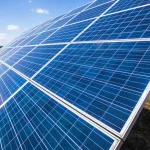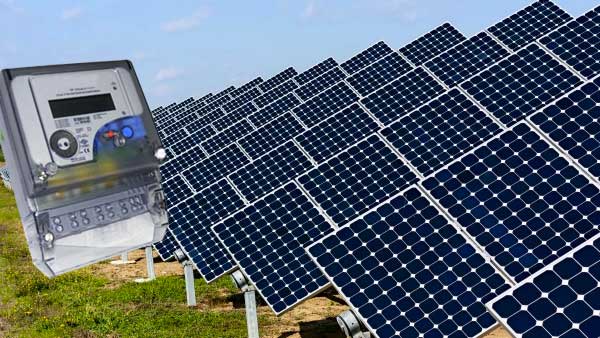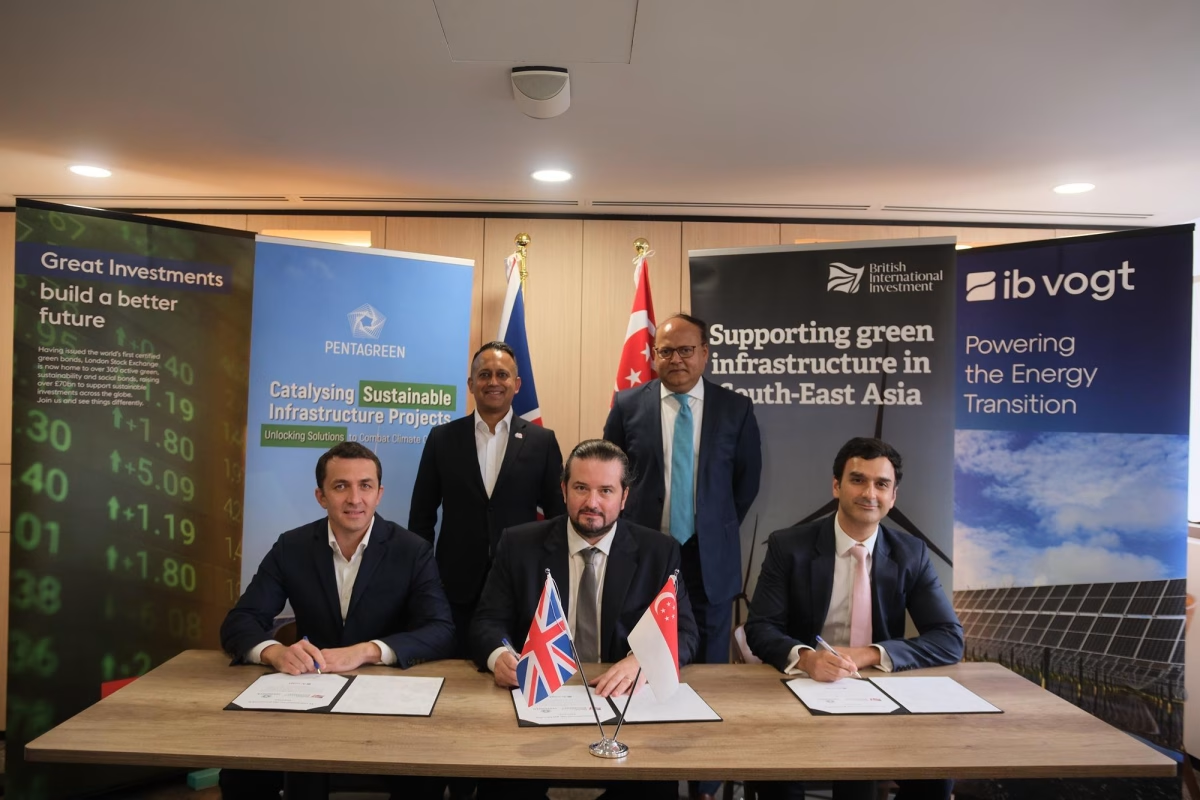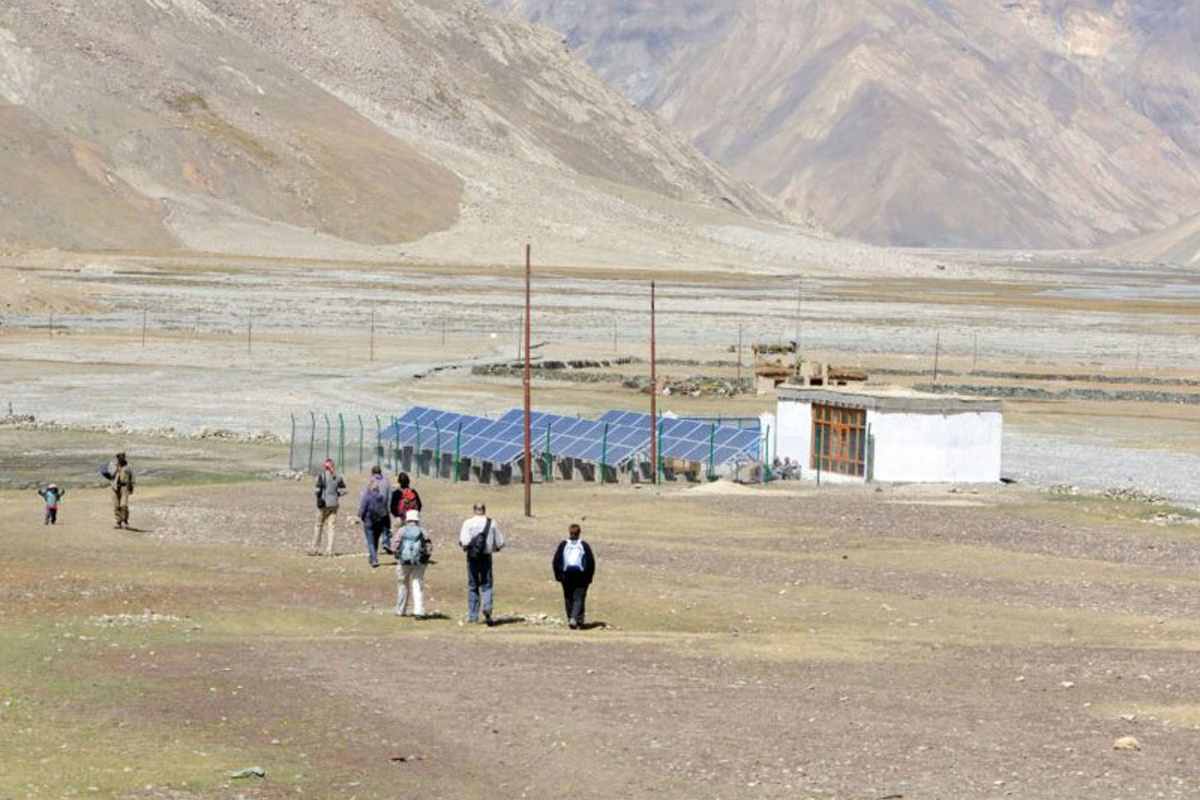
Renewvia Launches Phase One of Its Africa, Solar-Storage Microgrid Initiative
June 10, 2024
Google Signs its First Renewable Energy Purchase Deals in Japan
June 10, 2024Controversies surrounding net-metering and the imposition of a new tax have cast a shadow over Pakistan’s transition to solar energy, despite the government’s ambitious plans, stakeholders reported on Monday, adding that the situation has left them in a state of uncertainty. Pakistan approved the net-metering policy in 2017, allowing consumers to sell excess electricity produced by their solar systems to power distribution companies, resulting in significant savings on their monthly bills.
However, the energy ministry stirred controversy last month by stating that net-metering was promoting “unhealthy investments” in solar power installations by affluent domestic and industrial consumers, hinting at cutting the buyback rates. “Before this controversy, people were shifting to solar energy so rapidly that we thought 100 percent of Pakistan would embrace solar energy,” Zulfiqar Ali, an importer, supplier, and installer of solar panels, told Arab News on Monday. “Now, we’re witnessing a stark contrast: a slowdown in inquiries, stagnation in projects, all amidst discussions of governmental reconsideration of solar energy policies.”
Ali noted that the net-metering issue had significantly affected the market, as purchasing groups suddenly went silent, and ongoing deals became stagnant. “The planned projects have stalled; people are neither committing nor declining,” he added. Recent reports in local media about new taxes and a potential end to the net-metering policy have further complicated the situation, prompting Energy Minister Awais Leghari to clarify the government’s stance.
“We completely reject these stories. The agreements our companies have made with net-metering users, whether for five, six, or seven years, will not be altered, and the government will not harm its reputation or inconvenience those investors,” Leghari said at a press conference in Lahore on Sunday. He stated that the government was fully committed to renewable energy and solarization and supported the continuation of the net-metering policy.
“If, after studying it over the next few months, there is a need to revise it, it will be done very responsibly and in consultation with stakeholders,” Leghari said. “With the approval of the entire government, if necessary, we will rationalize this. At this moment, we are committed to fulfilling all the contracts we have signed with various parties. We will uphold the integrity of the entire government and move forward together.”
Despite the government’s assurances, an atmosphere of uncertainty prevails in the country regarding solarization. “I wanted to install solar panels on my rooftop to mitigate high electricity bills, but now I am unable to decide due to the government’s potential moves to tax panels or curtail net-metering benefits,” said Khalid Abbas, a resident of Karachi, adding that he would wait for clarity on the subject. Solar panel suppliers reported that people who were buying solar panels by selling their cars or jewelry had stopped purchasing the equipment. “Residential consumers who wanted to install 5-20KW panels have halted their plans and are waiting for clarity,” Zulfiqar said.
Pakistan’s energy issues stem from substantially high electricity bills, mainly due to capacity charges that are as high as 65 percent, which the nation is bound to pay to power producers even when their plants are idle. The power purchase price (PPP), or the average per unit price based on the generation cost, is Rs20.60, including Rs14.09 in capacity charges and Rs6.21 in fuel and variable charges, according to Pakistan’s reference tariff for fiscal year 2023-2024.
Pakistani energy experts believe the current volume of solar energy is still “insignificant” and does not even make up 1 percent of the total power generation in the country. “But at the current rate, perhaps a significant portion of our net-metering will come from solar energy,” Dr. Khalid Waleed, an expert on energy economics, told Arab News. “Around 2,000MW will come from net-metering. So, it should not be discouraged at all.”




